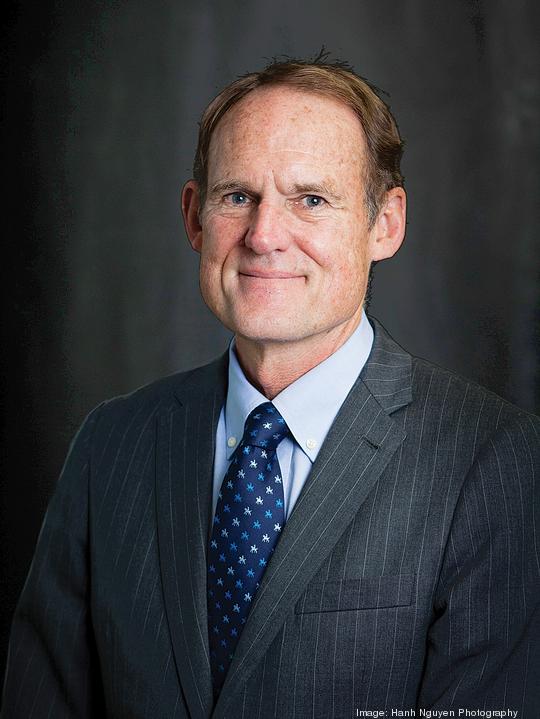
The Bay Area’s creativity and its impact are magnified by its role as a global innovation platform and by the relationships it has developed with other innovation centers around the world. The benefits accrue through research, investment, flows of startups and access to intellectual capital. The relationship with one country — Israel — stands out for its depth and relevance.
What is most remarkable about the connection to Israel is its intensity. At 9.3 million Israel’s population is only slight larger than the Bay Area’s (7.8 million), which makes its high productivity outsized. Much of that is based on technology. Israel has become a global R&D base for Bay Area companies, hosting tech campuses of Applied Materials, KLA, IBM, Oracle, Cisco, Intel, Apple, Facebook, Google, Seagate, Salesforce and Tesla, among others. Nearly 25% of the 402 R&D and innovation centers operated by multinational companies in Israel are from California, with most (80) coming from Silicon Valley. That compares to 13 centers from the UK, 14 from France, 15 from Germany and seven from Japan. Some generate a billion dollars or more in annual revenue for their parent companies.
Acquisitions is another part of the story. By value, California companies are responsible for 50% of the startup acquisitions happening in Israel from anywhere in the world, and 70% of acquisitions coming from the U.S. Three of the top five and seven of 15 largest acquisitions in the country have been made by Bay Area companies. Since 2003 Bay Area and California companies have invested more than $76 billion.
Investment in startups is another key measure. Because its market is so small, Israeli startups become global almost immediately and look to the U.S. as its primary market. With its technology leadership and large pool of investment capital, the Bay Area is their main touch point. California companies — primarily Bay Area VCs — have invested in more than 750 Israeli startups, Salesforce Ventures is the largest corporate venture investor in Israel, and nearly 500 Israeli startups have a presence in California. The Bay Area itself is home to 22 Israeli-founded unicorns, and fast-growing companies such as Hippo, Houzz, Palo Alto Networks and JFrog.
Much of this activity is focused in sectors that are strategic for Silicon Valley and California: mobility, cybersecurity, fintech, healthtech, agtech, water and AI. Adversity is the mother of invention, and much of this innovation can be traced to Israel’s challenging environment. Security and defense concerns have led to investment in cybersecurity and AI, and many graduates of its military (where service is mandatory) go on to tech positions. With and arid climate with little water, Israel is also a pioneer in the efficient use of water including desalinization, advanced irrigation, the use of brackish water and recycling. The experience with water carries over to agtech, where advanced technologies including AI are improving crop yields and pest and harvest management.
The density of these connections, which also extend to scientific research, presents opportunities that row out of shared challenges: in water, agricultural sustainability, climate change and security. An aggressive focus on innovation, where Israel and Silicon Valley have similar business cultures, provides a bridge. In 2014 California’s governor and Israel’s prime minister signed an MOU that created a framework for collaboration in these and other fields. California should build on that agreement with a renewed focus on implementation, including support for joint research and for business exchanges in key fields. A California-Israel technology conference could be one step. The region’s role as a global innovation platform and its deep connection with Israel suggests that more opportunities lie ahead.
Sean Randolph is senior director at the Bay Area Council Economic Institute and author of its report Silicon Valley to Silicon Wadi: California’s Economic Ties with Israel.



